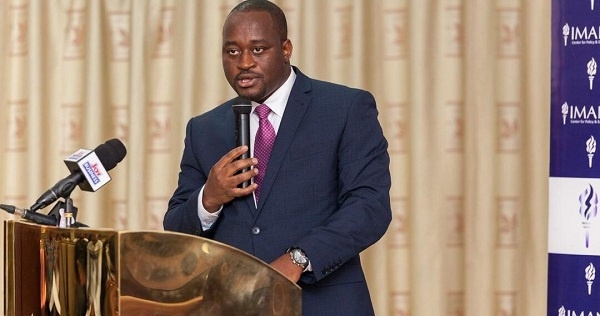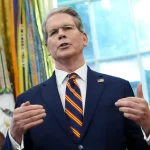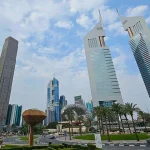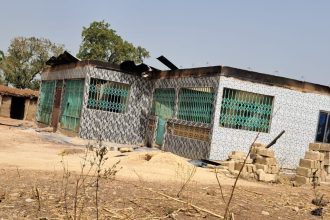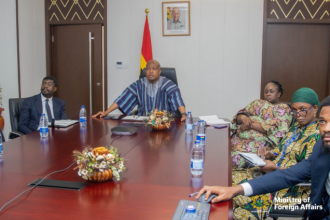Economist Dr. Theo Acheampong recognises the government’s strong commitment to reducing spending in the mid-year budget review, influenced by the International Monetary Fund programme.
“Were the IMF not around in any other year, especially with the election around the corner, the government would have been spending and this is a positive development,” he stated.
Dr. Acheampong cited macroeconomic stabilization, highlighting indicators of sustained recovery.
However, he emphasized the necessity for this recovery to tackle micro-level issues like the cost of living.
Reacting to the key highlights after the mid-year budget presentation, he foresees a shift in the economy’s momentum towards growth.
“There’s talk about roads and potentially bringing back even road tolls, then there’s a big emphasis on housing and a few other things on trying to collect a little bit more revenue,” he said.
“But I think overall, the story for me is relatively positive. And compared to other supplementary budgets or mid-year budgets, where the government normally comes to ask for more money, this time around, they’re not asking for more money and spending is within the parameters that had been set.”
Meanwhile, Finance Minister Dr. Mohammed Amin Adam has said a revision has been made to the 2024 fiscal framework indicating a primary balance on a commitment basis.
Total expenditure (commitment) has been revised downward by 2.1 percent, to GH¢219,749 million (21.5% of GDP) from the original budget projection of GH¢226,681 million (21.6% of GDP).
Last month, the IMF’s executive board approved Ghana’s $3 billion loan programme’s second review, paving the way for the immediate release of approximately $360 million.
This approval came after Ghana reached an agreement with its official creditor committee, a necessary step to access the second instalment.
With this latest disbursement, the total IMF funds disbursed under the three-year bailout programme, aimed at addressing Ghana’s serious economic challenges, now amount to $1.56 billion.
In a statement, the IMF acknowledged Ghana’s overall strong performance under the programme.


